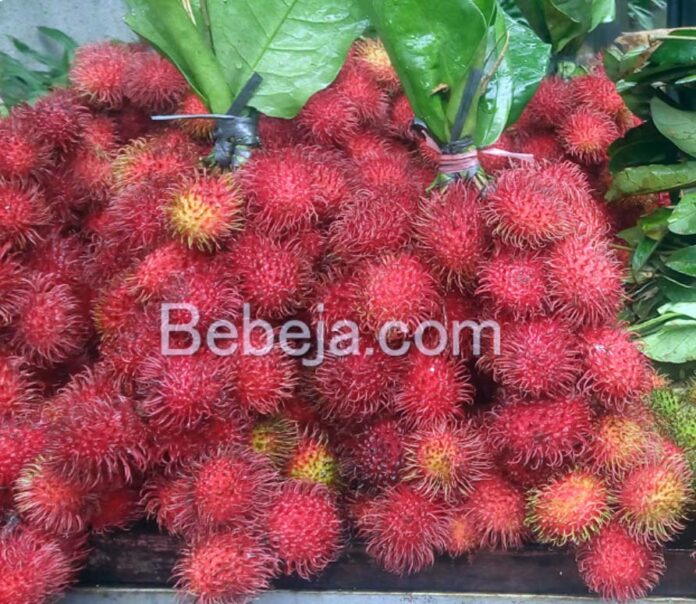The skin of Nephelium lappaceum, commonly known as rambutan, contains flavonoid antioxidant compounds such as geraniin and corilagin. Research conducted by Arifia Kusuma Dewi, Umie Lestari, and Sri Rahayu Lestari from the Department of Biology at the State University of Malang has shown that these compounds can help minimize liver damage in obese patients caused by oxidative stress from free radicals.
Oxidative stress occurs when the body is unable to neutralize free radicals. In obese patients, an imbalance between food intake and energy expenditure leads to an increase in free radicals in the body.
This oxidative stress can cause various degenerative diseases, including atherosclerosis, Parkinson’s, Alzheimer’s, stroke, heart disease, diabetes mellitus, cancer, and premature aging.
Rambutan skin flavonoids are believed to inhibit the initiation stage of lipid peroxidation, preventing the formation of new free radicals. Malondialdehyde (MDA) levels are used to measure this effect, as they indicate cell or tissue damage resulting from increased lipid peroxidation activity.
Rambutan skin has been found to have medicinal properties, including the treatment of dysentery. To prepare, chop 10 rambutan peels and boil with 3 cups of water until 2 cups remain. Drink the boiled water twice a day, 1 glass each. For prevention of liver disease, dry the thick red rambutan skin for 3-5 days until completely dry, then mash it until smooth and consume by brewing like coffee with a dose of 1 tablespoon per day.
